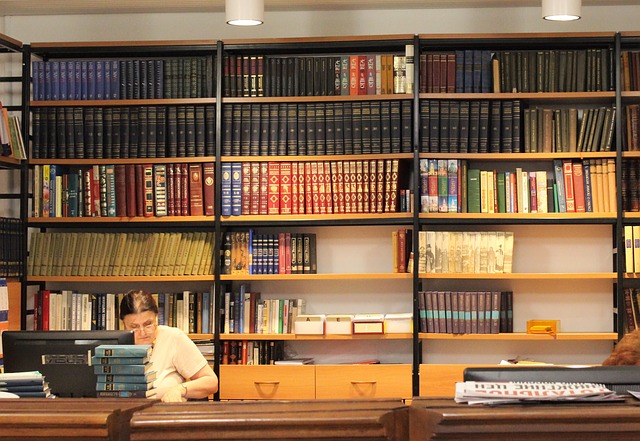The Ethics of Belief - Our Attitude & Proven Integrity
An enthusiastic speech by Chris Doude van Troostwijk of Luxembourg School of Religion & Society: "Ideas awake philosophers from a Kant perspective he declared". (Immanuel Kant argued that moral principles were simply products of reason. Kant believed that the incorporation of consequences into moral deliberation was a deep mistake, since it denies the necessity of practical maxims in governing the working of the will. According to Kant, reason requires that we confirm our actions to the categorical imperative which is an absolute duty).
When considering the areas of Truth, Justice, Beauty & Piety subjectivity is involved depending upon our mindset. Thinking about philosophy and Christianity, God, the creator, established truth and humans then discover it but Kant in many ways reversed this thinking. Turning to the idea of justice he referred to his experience and the concept of a word like ‘watch’. A watch has a place in the world where the horizon is presupposed. However, unlike the watch and in our human knowledge of the world or cosmos, God is never seen. So if we look at the condition of being, then it is possible that Finance is just an idea and that it does not exist!
Returning to Truth, Justice and Beauty we must think about Ethics. Kant says reason requires that we confirm our actions to the categorical imperative, which is an absolute duty so Chris referred to the three vices, the will to power, the will to possess (greed) is good and the will to be honoured. What are the links? The will to affirm your individual self (your ego). Why is this so problematic? Philosophy tries to be rational but it should be acceptable to all human beings which is not rational.
Categorical imperative must be universally valid to be ethical. For example should we (everybody) be allowed to steal, even in the banking industry? Then we must test what would be the effect of such a situation where propriety has no meaning. Kant says “Act only according to that maxim whereby you can, at the same time, will that it should become a universal law”. So, if we are optimistic yes we should be allowed to steal! When prices go up, we postpone acquisition. The stock market is not equilibrium, more a hope of a return on investment, an increase or jump in scarcity which will make prices go up again. Our actions realise the future. If we all believe it will go up we create confidence. Therefore it is allowed. But surely there is something wrong? In the case of sub-prime lending, if self telling works then it exists, but external effects showed sub-prime for what it really is. Ethically speaking Kant said it is inacceptable to produce only one dimensional or reduced views. Externality can enter and is not calculable if you take into account risks (uncertainty) Nicholas Taleb refers to the problems of predictability in his book The Back Swan.
For example: Financial consultancy and the ethics of prediction; is this allowed without scientific proof? Lying or telling an untruth is different from not telling the truth!
Should we only act with universal will - should decisions be universalised and how does one imagine universality. Surely this is only an idea it is not reality, can you touch it and still, how do you do it, that is, get access to universality? Stealing for example if everyone can steal there is a step by step narrative (story). It is acts of the human mind that invent stories about ethics. Hope is represented by an anchor, love by a heart. The law is represented by a kingdom says Kant. The Kingdom of God is a symbol and elevation needed for reality but stealing is perverse reality so we should take into account the consequences of our acts which is against Kant’s theories?
If an African investment becomes corrupt then you stop the investment. Kant says no because of our duty to reduce poverty. Consequence should not play a role in the idea of a kingdom. A perfect world should be where we can live freely and autonomously. Everyone must be able to accept the laws (allowed to dream). What is actually happening can or should we regulate yes or no. Yes perhaps if there is continuation, forget the human perspective.
Chris suggested: for the ethics narrative and symbolic part, don’t reduce, even if it is not realisable the individual capacity to make ethical decisions. We may drift away but should accept ethical corrections. A culture of open discussion which does not exclude hierarchical structure an end which perhaps cannot be realised - free living but within the community.
In the questions after lunch someone asked whether Islamic banking could be a solution? Chris thought yes perhaps but there are many ways to avoid their own rules so not really. It is philosophically ideal (a dream of human community and respect) so maybe we can learn from it however.
David Clark of TIGFI asked, in relation to the recent manipulation of LIBOR as an idea and whether it is unethical. Chris thought that LIBOR is not an idea because it is only symbolic. However rigging something that doesn’t exist is clearly unethical. However considering individualism, realism works according to Kant. There may be ambiguity because you stepped into the wrong market (where creation begins) but everything we do is ambiguous. Reality for Kant is a problem. “Myself” is a disturbing factor and reality escapes our experience. We can build a whole system around something but real life, can always pop-up! Creativity comes when the real world disrupts a system we have built.
In summary and referring to the Ethics of Belief: Things are unethical if there is not sufficient scientific proof. There is no right to believe. There is also transmission of beliefs by the press and other anonymous sources. Is quantitative easing ethical or not. Chris Lyon, Anglican chaplain in Luxembourg concluded that religion is not about belief, people think about it afterwards. Attitude is what is much more important.




























